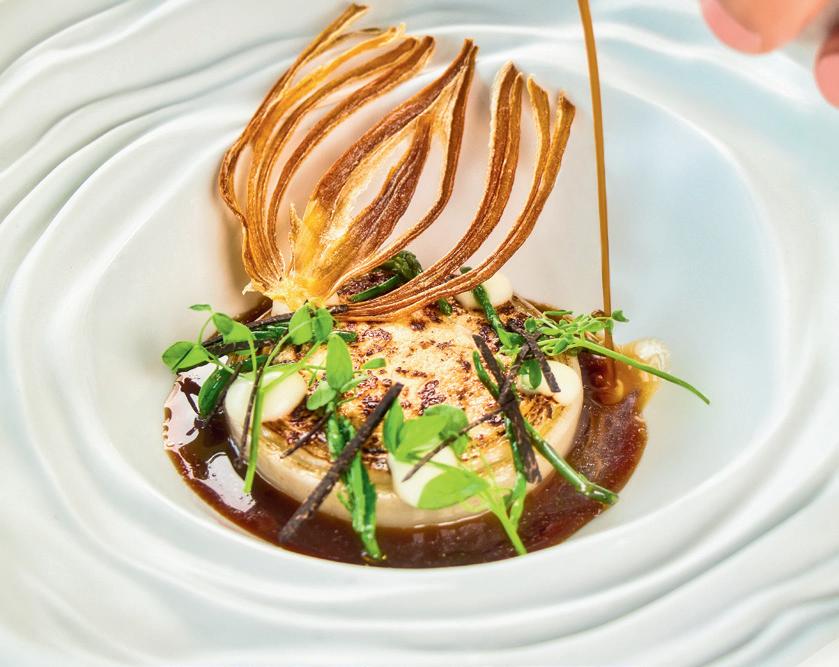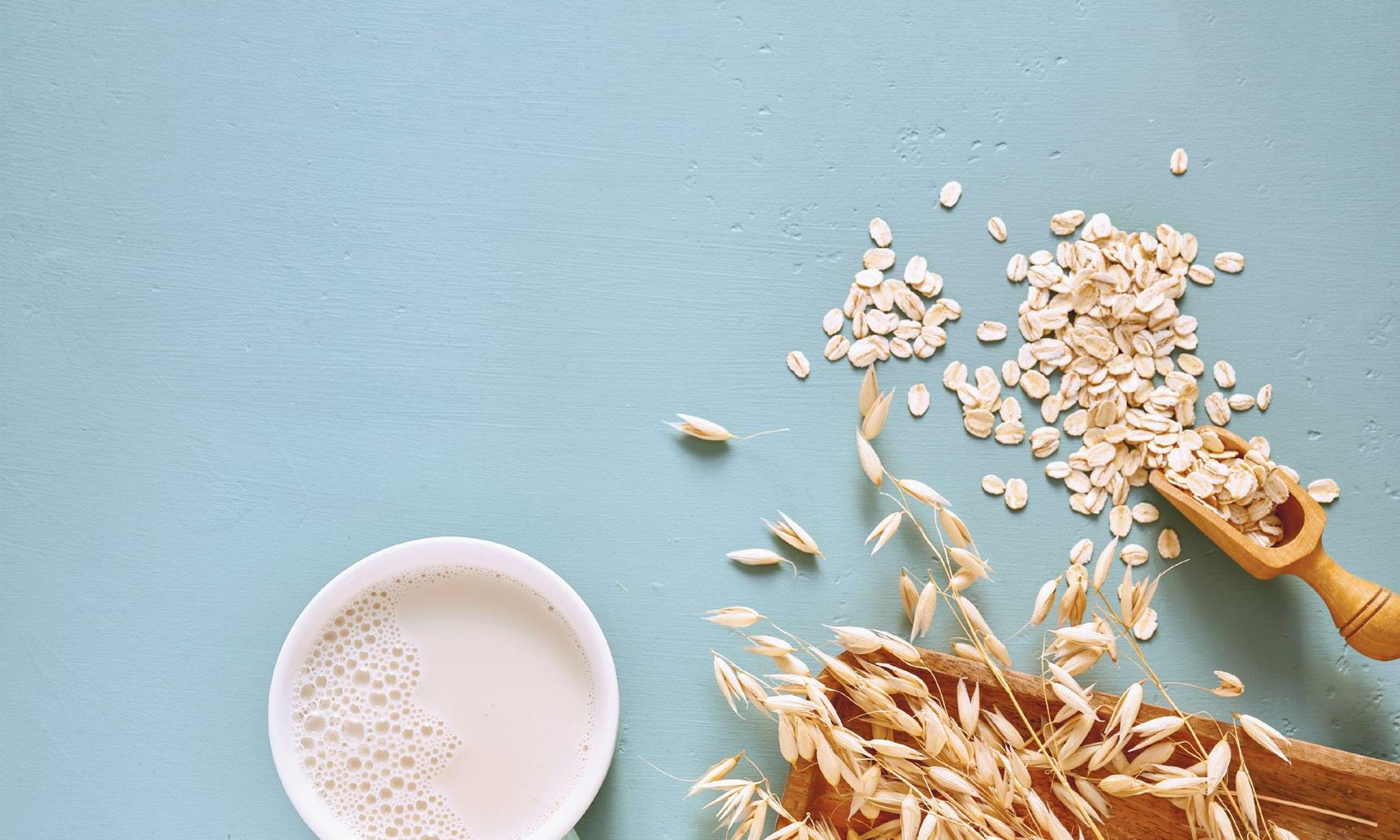
11 minute read
Cream of the oat crop
Former University of Sydney School of Chemical and Biomolecular Engineering student Sarah Qian is a self-confessed foodie and vegan whose graduation story is far from ordinary.
After deciding that working in the oil and gas, mining and industrial sectors weren’t for her, Qian became a management consultant, despite receiving several offers to work in engineering.
However, management consulting didn’t feel right either. Then came the pandemic, and while the rest of the world was frozen in time by the first lockdown, Qian had a stroke of genius.
After seeing huge growth in the oat milk sector, she was inspired to take action and pivot into entrepreneurship.
Armed with a blender and sacks of oats, the chemical engineering graduate turned her kitchen into a lab and began concocting her plan to make an oat-based cream cheese.
Eighteen months and 250 versions of R&D later, Compassion Creamery was born — a Sydney food startup that makes oat-based vegan cream cheese from culturing and fermenting methods traditionally used to make dairy cheese. The cheese contains no coconut oil, starches, nuts or soy.
“I wanted to replicate the chemical properties of dairy cheese using oats — which are more neutrally flavoured compared with other plant-based products on the market that use soy and cashews,” said Qian, who came from New Zealand to study at the University of Sydney.
“For so many people switching to plant-based diets, cheese is often the hardest thing to give up, with many alternatives just not hitting the spot. Most plant-based cheeses use a processed and deodorised combination of coconut oil, starch, added flavours and colours,” she said.
Using 100% Australian oats to manufacture the cheese, Qian hopes Australia’s status as a large-scale wheat producer will help buoy the nascent industry while minimising the environmental impacts of dairy production and reliance on international supply chains.
“Oat production has a significantly smaller environmental impact compared with dairy production, which, when accounting for greenhouse gas emissions and ecological impact, is a highly polluting food source,” she said.
“There are so many question marks hovering over international supply chains, with many products not produced ethically. Cashews, for example, require specialised and ethical farming practices due to the risk of chemical burns during harvesting.”
Qian has now set up a pilot plant with bespoke designed equipment and plans for her product to hit retail shelves soon.
“There’s already interest from distributors interstate, with several individuals signed up to a waiting list — which is wonderful to see. My focus now is to get production up and running in preparation for a retail release.”
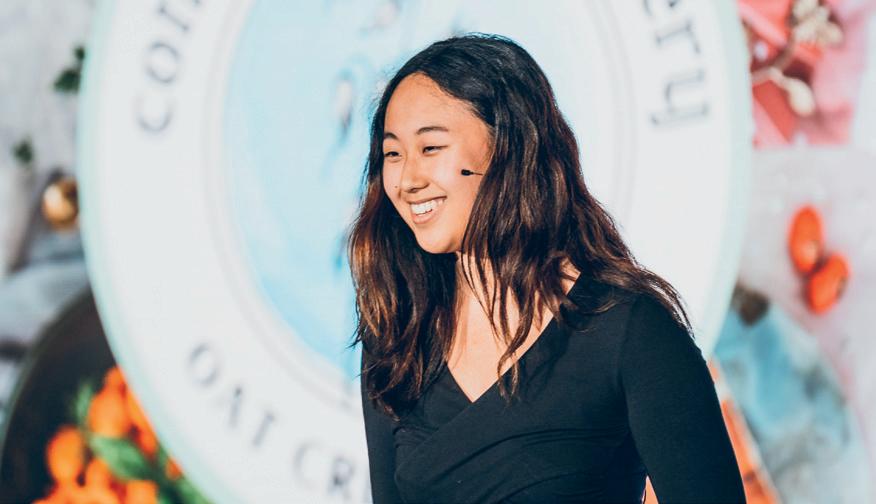
Shane O'Neill/O'Neill Photographics
Sarah Qian, Compassion Creamery.
image©iStockphoto.com
Fo d

FOR thought
$43 million kombucha manufacturing centre
A $43m kombucha manufacturing centre has been opened in Dandenong with support from the Andrews Labor government.
The centre was developed by Remedy Drinks, which produces kombucha drinks that can be stored at room temperature without needing refrigeration.
With fermented tea drinks growing in popularity around the world, the new centre will boost the company’s production and exports to the United States, Canada, United Kingdom and Asia.
Managing Director of Remedy Drinks Chris Gillard said: “The new Remedy Fermentary in Dandenong will allow us to deliver on significant increases in demand as well as provide opportunities for ongoing innovation, delivering better beverages across all drink categories.”
The company has combined all of its operations into the new 18,000 m2 site — the same size as the MCG.
Minister for Industry Support and Recovery Ben Carroll said: “We’re proud to support local manufacturers with global ambitions like Remedy because their continued growth means more jobs for Victorians.”
iStock.com/Premyuda Yospim
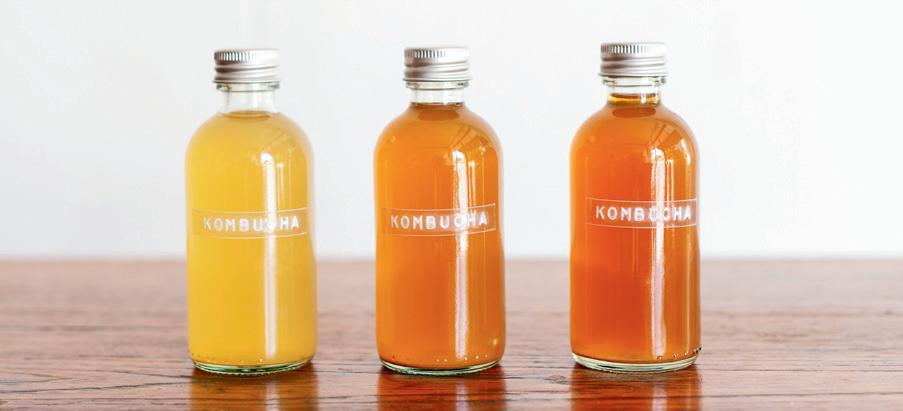
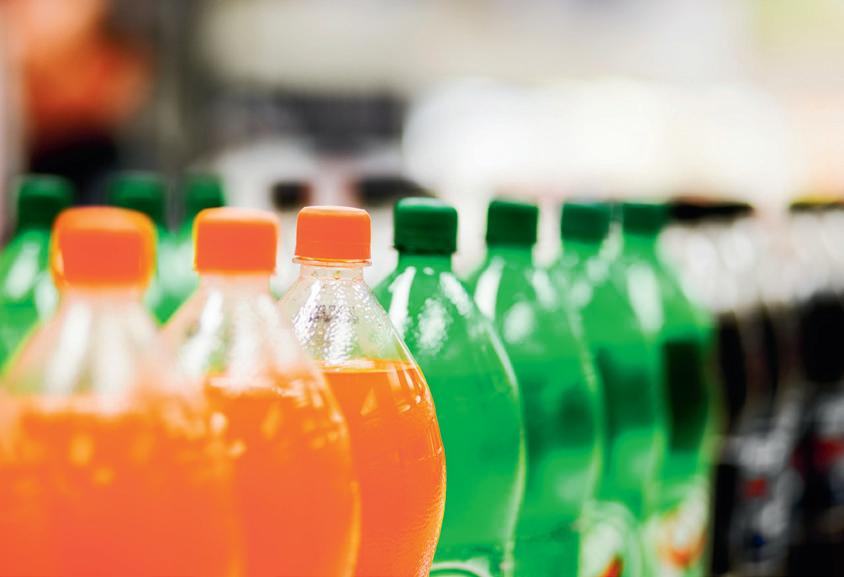
Australian beverage companies increase sugar reduction target
Australia’s largest beverage companies have now committed to increase their sugar reduction targets.
Back in 2018, Asahi Beverages, Coca-Cola South Pacific, Coca-Cola Europacific Partners and Pepsi Co Australia and New Zealand, committed to reducing sugar across their non-alcohol beverage portfolios by 20% from 2015–2025.
With more than 16% of sugar removed from their portfolios since January 2015, today (29 September), through the Australian Beverages Council Limited (ABCL), they have upgraded their target to a 25% reduction in sugar across their non-alcohol beverage portfolios from 2015–2025.
ABCL Chief Executive Officer Geoff Parker said: “Our Sugar Reduction Pledge signatories are accelerating their sugar reduction target not only because it’s the right thing to do, but also because they’re ahead on their current sugar reduction targets.
“Sugar reduction is being driven by a range of initiatives, including reformulation, smaller pack sizes and pledgees investing in more low- and no-sugar products to meet growing consumer demand.”
Progress against the Sugar Reduction Pledge will continue to be independently aggregated annually by KPMG and a report on progress towards the sugar reduction target made public.
Carman's acquires snacking brand Fruit Wise
The founder of Australian business Carman’s, Carolyn Creswell, has announced the acquisition of family-owned snacking brand Fruit Wise.
“After a year of discussions, our unparalleled similarities and outlook on healthy snacking helped us finalise what is now Carman’s first ever acquisition. It’s truly a moment that I'm so proud of and I just can’t wait to watch Carman’s continue to grow,” Creswell said.
The two family-owned businesses will now be joined in producing 100% Australian owned and manufactured snacking products.
The Managing Director of Fruit Wise, Bridget Beal, said, “After speaking with Carolyn we knew straight away that this was the right move for Fruit Wise. We’ve been family owned for 15 years, so wanted to make sure we were passing over the reins to someone just like Carolyn, who shared the same outlook about delicious and healthy snacking and looking after Aussie families. We can’t wait to watch Fruit Wise grow under the care of Carman’s!”
After the acquisition, Fruit Wise will continue to operate in its current location in the Adelaide Hills.
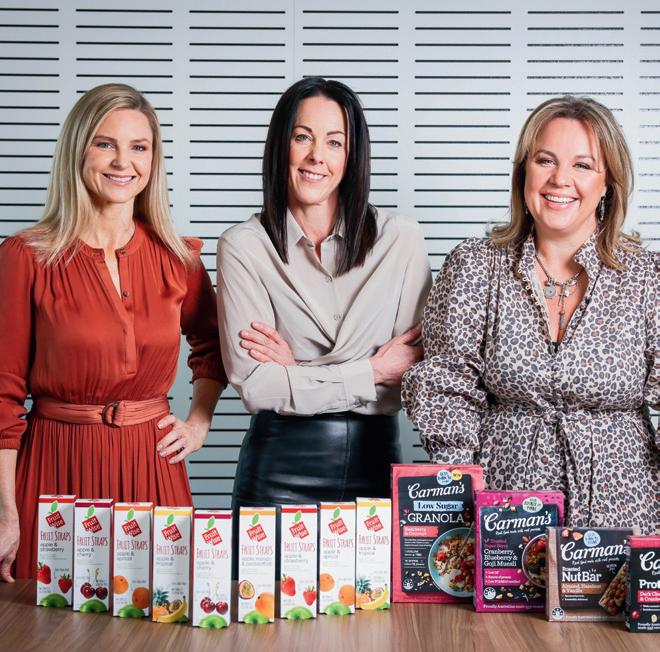
$5 million investment in XXXX Brewery in Milton
In order to meet changes in consumer demands for beverages, Lion is set to invest nearly $5 million into the XXXX Brewery in Milton, which has been at this site for nearly 145 years. The investment will allow for expansion in production to enable mass production of seltzers and ready-to-drink adult beverages.
The Milton brewery is an integral part of Lion’s brewing network, producing beer brands such as XXXX, Hahn and James Squire. It will now also look to produce most of Lion’s portfolio seltzer brands, including its latest brand White Claw.
“The beer and alcohol beverages market continues to evolve, as do consumers’ tastes and preferences. It is important that we innovate and set the brewery up for long-term success,” said XXXX Sales Director Patrick Donohue.
“Mass production of seltzers and RTD beverages requires bulk ethanol storage, and so we will lodge a development application with Brisbane City Council in the coming weeks to build a new facility on the current site to ensure we’re doing this in the safest way possible.
“This represents a significant investment in the site and builds on our decade-long registration under state planning laws protecting the existing use of the brewery from encroachment from other development, which was extended in 2019.”
As part of its application, XXXX will conduct a period of community consultation, which will commence later this year.

Mars Wrigley unveils Ballarat investment
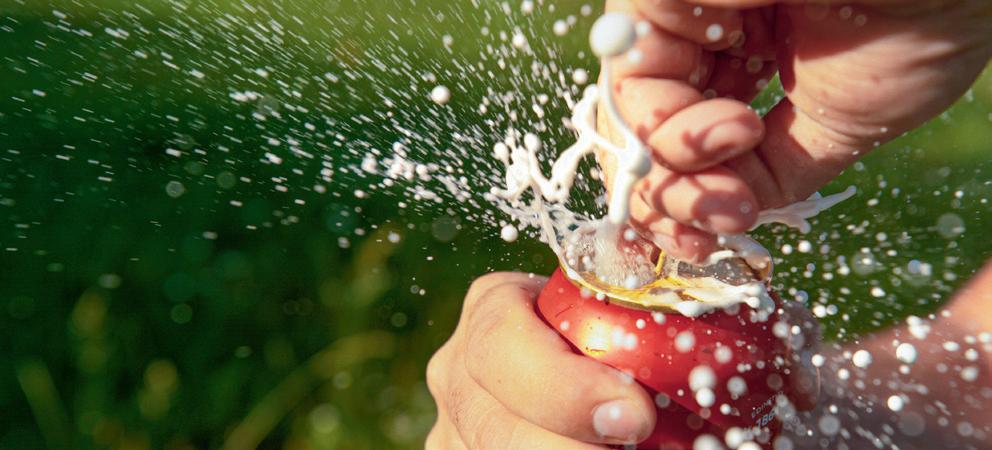
Mars Wrigley has announced a $25.5 million investment into its Ballarat factory in the next 12 months.
This marks a continuing pattern of significant development at the site to boost local production of chocolates like M&M’s, MALTESERS and PODS, with the company having invested $67 million over the last two years.
The investment will be used to boost the manufacturing capabilities for the plant, improving its raw cocoa and melted chocolate production, and increasing its work in using sustainable packaging. General operational efficiency upgrades will also be performed, as will modernisation of some manufacturing practices.
Andrew Leakey, General Manager — Mars Wrigley Australia, said: “We have a commitment of making the majority of our product portfolio here in Australia, and we are cementing this further by unlocking greater capabilities to create new consumer-led product innovation whilst accelerating our sustainable packaging focus locally.”
Mars Wrigley Australia has been manufacturing locally in Ballarat for more than 40 years. BOC, a gas and engineering company owned by Linde, has announced that it will be building a carbon dioxide processing facility in Longford, Victoria, as part of a CO2 supply agreement with the Gippsland Basin Joint Venture.
The facility will be able to produce more than 60,000 tonnes of beverage-grade CO2 each year, making it one of the largest such facilities in the South Pacific region.
The Gippsland Basin Joint Venture is a 50-50 joint venture between Esso Australia (Esso) and Woodside Energy. As part of the agreement, Gippsland Basin Joint Venture will capture CO2 from its Longford Gas Conditioning Plant and send it directly to the new BOC facility.
John Evans, Managing Director of BOC South Pacific, said that the CO2 processing plant would allow BOC to supply customers in Australia and New Zealand with high-quality CO2 for their businesses.
“BOC is building new infrastructure to ensure long-term supply security of an essential gas used in many industries including food processing and packaging, beverage, hospitality, desalination, medical, manufacturing and water treatment,” Evans said.
“This significant investment is part of our commitment to develop local supply partnerships and expand our production capability to meet the future needs of our customers and support growth across the South Pacific Region.
“With the latest technologies and processes in quality control and efficiency, BOC’s new CO2 facility will exceed internationally recognised food and beverage standards.”
The facility is currently being scoped and construction is expected to commence this year, pending regulatory approvals, with completion set for 2024.
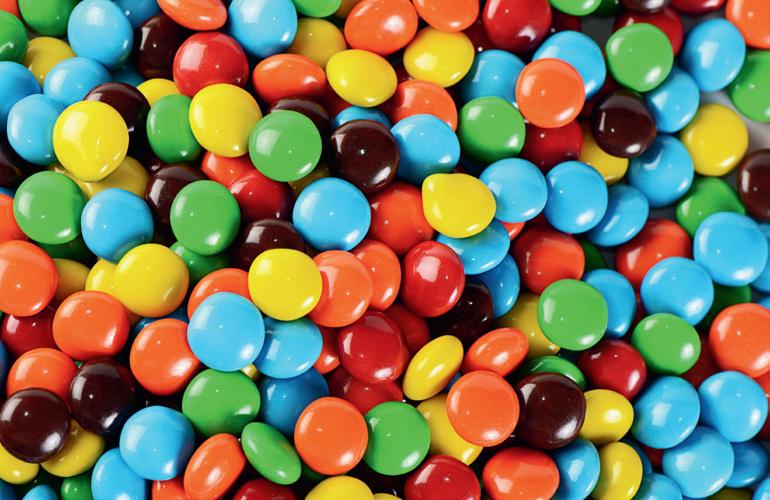
BOC to build CO2 processing facility in Vic
image©iStockphoto.com
Fo d

FOR thought
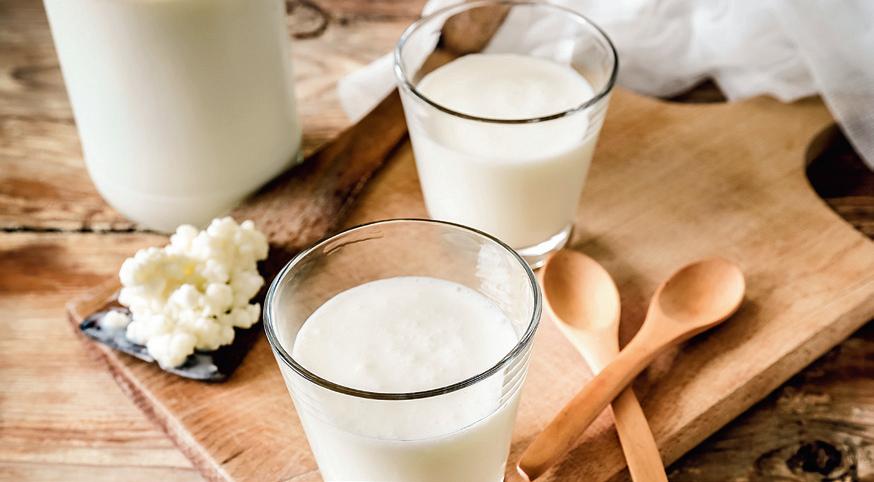
Fonterra enters alt-dairy market
Dairy co-op Fonterra has announced it is teaming up with Royal DSM, a health, nutrition and bioscience company, to establish a start-up dedicated to the development and commercialisation of fermentation-derived proteins that have dairy-like properties.
The two companies have worked together since 2019 to understand how precision fermentation can be used to make proteins that are similar to those found in dairy. This has resulted in patents being filed that will be used by the startup to enable the acceleration of commercial products. There will also be a focus on continued research and development of the technology.
While Fonterra remains focused on dairy products, the company said its work on the development of proteins using emerging technologies will complement the business.
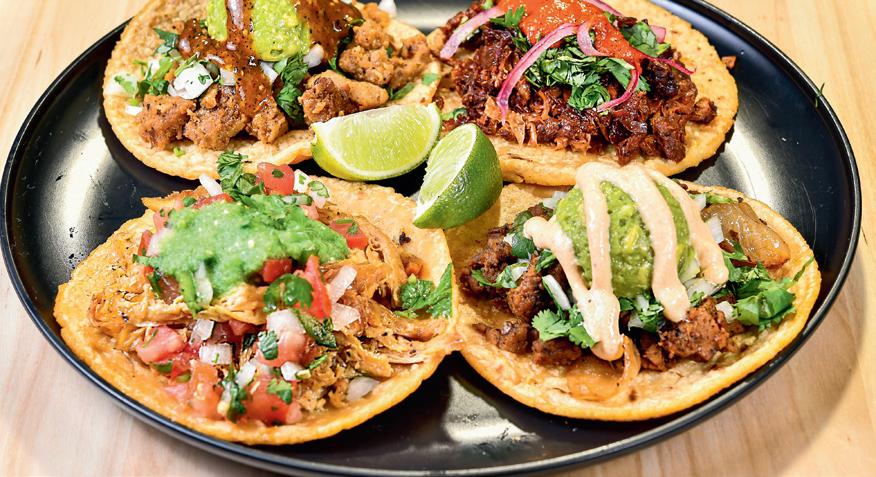
Magic Valley creates cultivated lambfree prototype
A team of scientists at Australian food company Magic Valley have created a cultivated lamb meat prototype, completely free from animal by-products. The team is working towards transforming the future of large-scale protein production and removing animals from the supply chain.
The prototype — initially created in the form of burgers and tacos — is designed to look and cook just like real lamb yet has the potential for a healthier nutritional profile.
To create the prototype, a small skin biopsy was taken from ‘Lucy the lamb’, who is happily residing in a field in New South Wales. The cells from Lucy were then grown in Magic Valley’s Melbourne lab where they are made into cultivated meat products.
The process used by Magic Valley takes the skin cells and turns them into stem cells called induced pluripotent stem (iPS) cells. The iPS cells can grow in an unlimited and scalable way and can also be made into muscle and fat — the main components of meat. This is claimed to be the first time this technology has been used to make a cultivated lamb product.
Many other cultivated meats use foetal bovine serum — a byproduct of the slaughter process — to grow the cells; however, this Australian technology means animals are not used anymore, other than the initial skin scraping.
The innovator, founder and CEO of Magic Valley Paul Bevan said: “By 2024, cultivated meat products will be indistinguishable from traditionally farmed meat, with the ability to enhance nutrients to positively impact the human population.”
Magic Valley is now looking to scale up its abilities to also create beef and pork prototypes, with a $5m seed capital raise ahead.
The first stage of construction on Factory 2 is set to be complete by the second half of 2024.
Vow’s cultured meat facility unveiled in Sydney
Now that Vow's Factory 1 cultured meat facility has been officially opened in Alexandria, Sydney, the company has already commenced development of its Factory 2 to produce 100x this scale.
Claimed to be the largest of its kind in the Southern Hemisphere, Factory 1 has the capability to produce as much as 30 tonnes of cultured meat annually.
Vow’s technology can leverage not only standard livestock cells such as pork and chicken, but also the cells of exotic and less conventional animals like kangaroo, alpaca and water buffalo. It then blends the technology with the culinary world to create new food products.
As the company’s products are approved for sale in Singapore, its Singapore factory will handle commercial production for its first cultured meat product. The Singapore factory is on track to launch before the end of the year.
Founded in April 2019, Vow now has a team of over 60 people in Sydney, and has submitted its first product for regulatory approval in Australia. French onion dish with Morsel, Vow's first product
